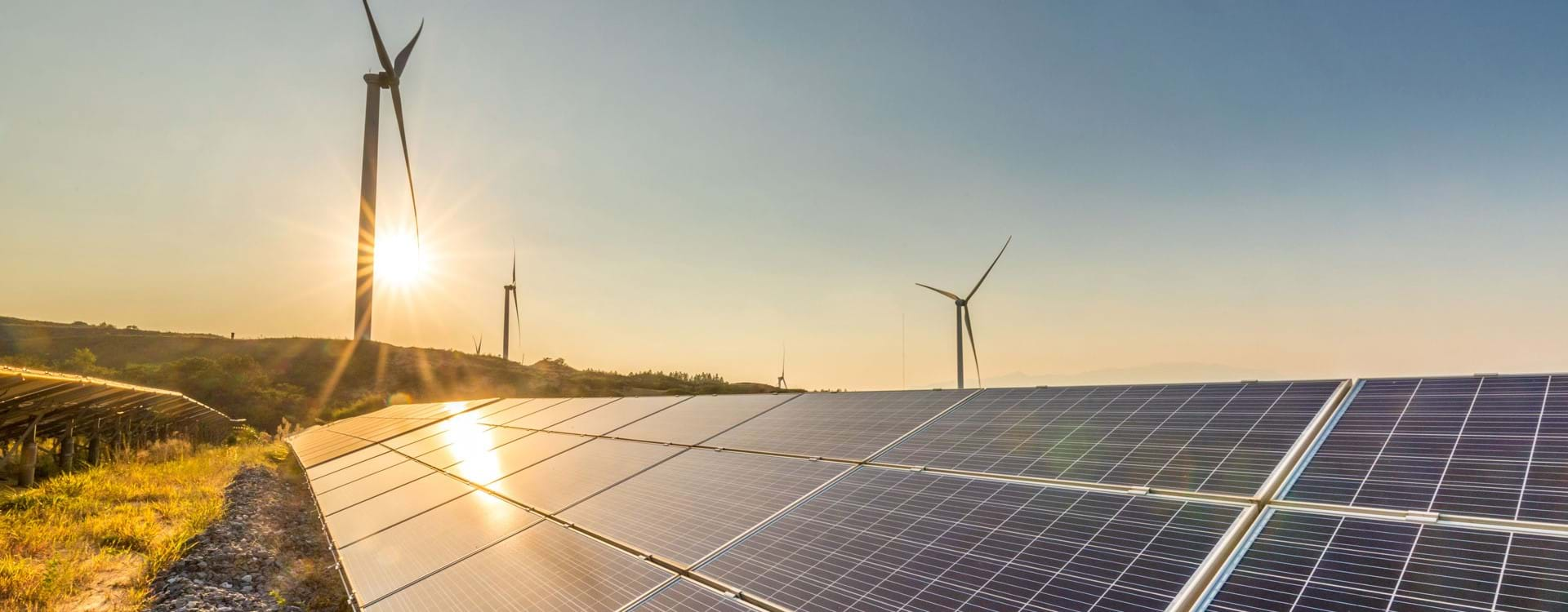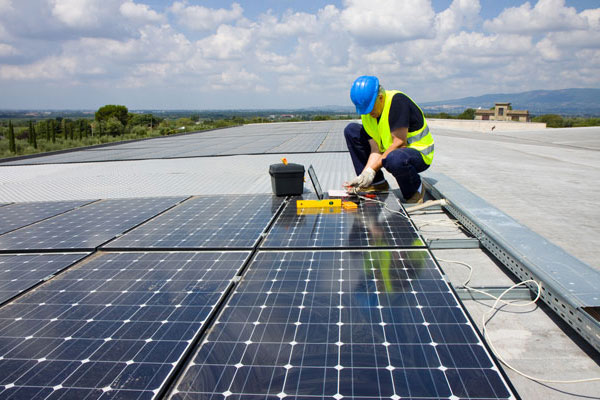‘How are soaring energy costs affecting UK businesses?’ was the question posed on BBC Radio 4’s The Bottom Line with Evan Davis on 24 March.
I joined Gareth Stace of UK Steel and Tina McKenzie from the Federation of Small Businesses (FSB) to share thoughts and discuss what the solutions might be.
Gareth and Tina clearly represent opposite sides of the business spectrum, with huge energy-intensive steel makers at one end, and small and medium-sized enterprises (SMEs) at the other.
But what’s evident is that energy consumers of all sizes and across every sector are feeling the pain of unprecedented rises in energy prices – and would really welcome some help.
Evan Davis was keen to understand how UK businesses compare to their counterparts in Europe. Gareth explained that UK steel manufacturers – which consume as much power as 850,000 homes and the gas equivalent of 450,000 homes each year – pay 61% more for electricity than steel producers in Germany and 51% more than in France.
Differences in government policy across the nations have created what Gareth called this uneven playing field. We all agreed that consistent policy is necessary to create stability and certainty for businesses.
In the UK, this could take the form of providing VAT relief on energy invoices and removing environmental levies – at least for the short-term. This would help all consumers.
In the medium-term, encouraging greater uptake of energy efficiency in every business could drive significant savings – and relatively quickly too – with the right government framework in place.
We also need more long-term policy support for incentivising all aspects of decarbonisation – heat pumps, for example. And crucially, green hydrogen as a storage vector to balance more renewable generation in a fully electric economy.
Over time, Gareth, Tina and I all agreed that achieving net zero is the solution to the energy problems we currently face. And not, as Evan asked, part of the problem. Decarbonising our economy – at home and in business, singularly and across entire communities – is what will ultimately wean us off imported fossil fuels and reduce our exposure to global gas markets, on which we are currently so dependent.
You can hear more discussion about policy requirements, hedging, business experiences and leveling up in this week’s The Bottom Line, which you can listen to here.
For support around harnessing energy efficiency and other net zero solutions to reduce your business energy costs, drop us an email to info@npowerbusinesssolutions.com. Or contact your Client Lead or Account Manager (existing customers).

/npm214%20Digital_H_UB29.jpg)

/npm214%20Digital_H_UB106.jpg)
/npm214%20Digital_H_UB126.jpg)
/npm214%20Digital_H_UB140_nBET.jpg)
/npm214%20Digital_H_UB143.jpg)

/npm214%20Digital_H_UB105.jpg)


